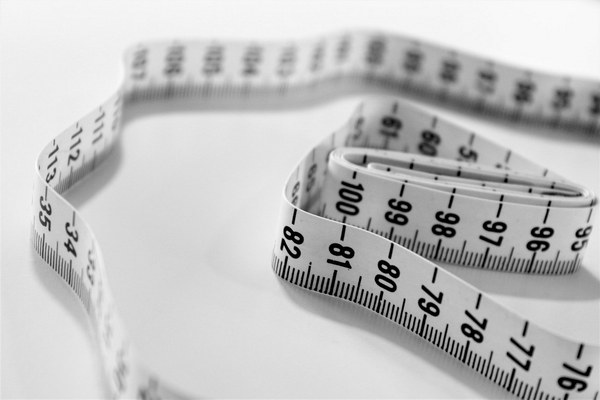Revitalizing Your Body A Comprehensive Guide to Treating Physical Deficiencies
Introduction:
Physical deficiencies, or weaknesses, can manifest in various forms, ranging from chronic fatigue and weakness to digestive issues and immune system vulnerabilities. These deficiencies often result from poor lifestyle choices, stress, and underlying health conditions. However, with the right approach and lifestyle adjustments, it is possible to revitalize your body and improve your overall well-being. In this article, we will explore various strategies to address and treat physical deficiencies, helping you regain your strength and vitality.
1. Identify the root cause:
The first step in treating physical deficiencies is to identify the underlying cause. This may involve visiting a healthcare professional for a thorough medical examination. Common causes of physical deficiencies include nutritional deficiencies, hormonal imbalances, chronic stress, and underlying health conditions such as hypothyroidism or iron deficiency anemia.
2. Optimize your diet:
A well-balanced diet is crucial for addressing physical deficiencies. Focus on incorporating a variety of nutrient-rich foods into your daily meals:
- Increase your intake of fruits, vegetables, whole grains, lean proteins, and healthy fats.
- Consume iron-rich foods such as red meat, lentils, beans, and leafy greens to combat iron deficiency.

- Boost your intake of vitamin D and calcium through sunlight exposure, fortified foods, and supplements to support bone health.
- Consider taking a multivitamin and mineral supplement to ensure you are meeting your daily nutritional needs.
3. Prioritize rest and sleep:
Chronic fatigue is a common symptom of physical deficiencies. To combat this, prioritize rest and sleep:
- Aim for 7-9 hours of quality sleep each night.
- Establish a relaxing bedtime routine to signal your body that it's time to wind down.
- Avoid stimulants such as caffeine and nicotine in the hours leading up to bedtime.
4. Manage stress:
Stress can exacerbate physical deficiencies and weaken your immune system. Implement stress-reduction techniques such as:
- Regular exercise, which can improve mood and reduce stress levels.
- Mindfulness practices like meditation, deep breathing exercises, or yoga.
- Seeking support from friends, family, or a mental health professional when needed.
5. Engage in regular exercise:
Exercise is essential for maintaining overall health and combating physical deficiencies. Aim to engage in a mix of cardiovascular, strength, and flexibility exercises:
- Cardiovascular exercises like walking, running, cycling, or swimming can help improve endurance and boost your immune system.
- Strength training exercises, such as weightlifting or bodyweight exercises, can increase muscle mass and improve bone density.
- Flexibility exercises, like stretching or yoga, can improve joint mobility and reduce the risk of injury.
6. Consider herbal remedies and supplements:
In some cases, herbal remedies and supplements may help address specific physical deficiencies. Consult with a healthcare professional before starting any new supplement regimen:
- Adaptogenic herbs like ashwagandha and rhodiola can help manage stress and improve overall energy levels.
- Ginkgo biloba may support cognitive function and improve blood flow.
- Omega-3 fatty acids found in fish oil supplements can support heart health and reduce inflammation.
Conclusion:
Physical deficiencies can significantly impact your quality of life, but with the right approach, you can overcome them and achieve optimal health. By identifying the root cause, optimizing your diet, prioritizing rest and sleep, managing stress, engaging in regular exercise, and considering herbal remedies and supplements, you can revitalize your body and improve your overall well-being. Remember to consult with a healthcare professional before making any significant changes to your lifestyle or starting new treatments.









